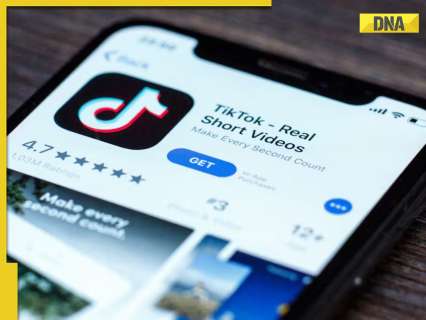
The Supreme Court upholds the TikTok ban, effective January 19, 2025, unless ByteDance sells its U.S. operations, citing national security concerns over its ties to China.
TikTok, the immensely popular social media app known for its short, engaging videos, now faces a serious challenge to its existence in the United States. This stems from growing concerns about its ties to its Chinese parent company, ByteDance, and potential risks to national security. The app’s journey from a niche platform to a global phenomenon has been remarkable, but its future in the U.S. is in jeopardy following a Supreme Court ruling.
A Global Sensation with Controversies
TikTok’s rise began in 2017 when ByteDance acquired Musical.ly, another video app popular among teens, and merged it with TikTok. Its unique algorithm encouraged users to binge-watch, making it a hub for trends, music, and creativity. Over the years, TikTok grew to have over a billion active users worldwide and became a key platform for everything from viral dance challenges to serious political discussions. However, its meteoric growth has been shadowed by allegations of censorship, privacy violations, and risks of data misuse by the Chinese government.
Concerns about TikTok’s content moderation policies and data security emerged as early as 2019 when reports suggested the app suppressed sensitive topics like the Tiananmen Square protests. U.S. officials have since raised alarms, citing fears that the Chinese government could access U.S. user data or manipulate the app’s content to spread misinformation.
Government Actions Against TikTok
The U.S. government’s scrutiny of TikTok intensified under President Donald Trump, who issued executive orders in 2020 aimed at banning the app or forcing ByteDance to sell its U.S. operations. Although these efforts stalled after Joe Biden took office in 2021, bipartisan concerns about TikTok persisted.
In April 2024, President Biden signed legislation requiring ByteDance to sell TikTok’s U.S. operations within a year or face a nationwide ban. TikTok and ByteDance pushed back, filing lawsuits that argued the law violated the First Amendment. Despite these efforts, a federal appeals court upheld the law in December 2024, and the Supreme Court recently confirmed the decision. The ruling emphasized that the risks to national security outweigh concerns about limiting free speech, setting a deadline of January 19, 2025, for ByteDance to comply.
What’s Next for TikTok?
Unless ByteDance sells TikTok to a U.S. company, the app will be banned in the United States. While TikTok has made efforts to address security concerns, including migrating U.S. user data to servers managed by Oracle, these measures haven’t eased lawmakers’ fears.
The ban would mark a significant shift in the digital landscape, potentially leaving millions of U.S. users without access to the app. The debate highlights the broader tensions between the U.S. and China over technology, data security, and geopolitical influence, raising questions about the future of other Chinese-owned platforms.
As the deadline approaches, TikTok’s users and creators await a resolution. Whether through a sale or a ban, the outcome will undoubtedly have far-reaching implications for the social media world.





